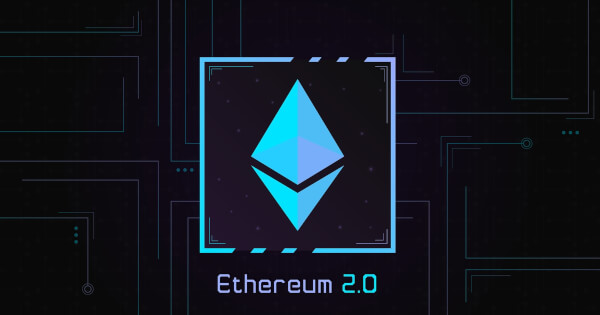RIF Labs officially launched their Bitcoin scaling solution at Consensus 2019. The RIF Lumino Network is comparable to the Lightning Network in its scalability potential, but as it’s built on top of the RSK protocol, there are many differences. RIF Labs CEO Diego Gutierrez Zaldivar walked through these differences as well as the ambitions of the technological potential of smart contracts on Bitcoin.
The Most Secure Smart Contracts Platform
The idea behind a third-layer scaling solution deserves a bit of unpacking. Despite coming across as a savvy turn of marketing hand, RIF Lab’s Lumino Network is technically three degrees removed from the Bitcoin blockchain.
When RSK Labs, a subsidiary of RIF Labs, began experimenting with smart contract capabilities on the Bitcoin blockchain they ended up developing a side chain. The sidechain allows developers access to many of the same possibilities as Ethereum, Tron, and EOS, but backed by the belief that Bitcoin is indeed the most secure network. In fact, the RSK Network is also compatible with the Ethereum Network; developers need only execute Etheruem’s run time to work from RSK.
From this perspective, according to CEO Diego Gutierrez Zaldivar, users can observe the “RSK Stack” that stems from Bitcoin blockchain. In the first, builders can leverage the battle-tested security of the Bitcoin network. Then, they can leverage the side chain, complete with a native token called RSKBTC, to experiment with smart contracts on the Bitcoin blockchain. Thirdly, the RIF libraries offer an infrastructure in which developers can build data storage, cloud services, and other decentralized services without having to work directly with Bitcoin’s complexity.
“If someone wanted to, they could even build stablecoins on the Bitcoin network via the RSK Network,” said Zaldivar, adding:
“Another advantage to RSK is that it makes it easier to combine decentralized services with legacy systems.”
Still Struggling with Scalability
And although this sidechain processes transactions faster than on Bitcoin, it is only a matter of time before that the RSK Network runs into the same issues. The need for a scaling solution such as the Lightning Network was quickly evidenced during the bull run of 2017. Not only did on-chain transactions reach astronomical heights, so did transaction fees and time to complete the transactions.
The same can be said for Ethereum as the non-fungible token (NFT) project CryptoKitties brought the network to its knees due to extreme interest in trading the digital collectibles. It will only become more difficult for both Bitcoin and Ethereum as the blockchain for each project reaches multi-terabyte levels in years to come.
To solve this, RIF Labs released the RIF Lumino Network to prevent the same scaling bottlenecks, but also to compete with traditional payment’s platforms like Visa or MasterCard. In commenting on the Lumino Network, RIF Strategist Gabrial Kurman said:
“We are very excited because the RIF Lumino Network will enable solutions built on RSK to benefit from off-chain state channels. Fast, secure and low-cost transactions will be key to the development of use cases for cryptocurrency technologies.”
In an interview with BTCManager, Zaldivar reported that this new network will be able to handle “up to 10,000 transactions per second” and offer fees between “a penny and 20 cents.”
Like BTCMANAGER? Send us a tip!
Our Bitcoin Address: 3AbQrAyRsdM5NX5BQh8qWYePEpGjCYLCy4




